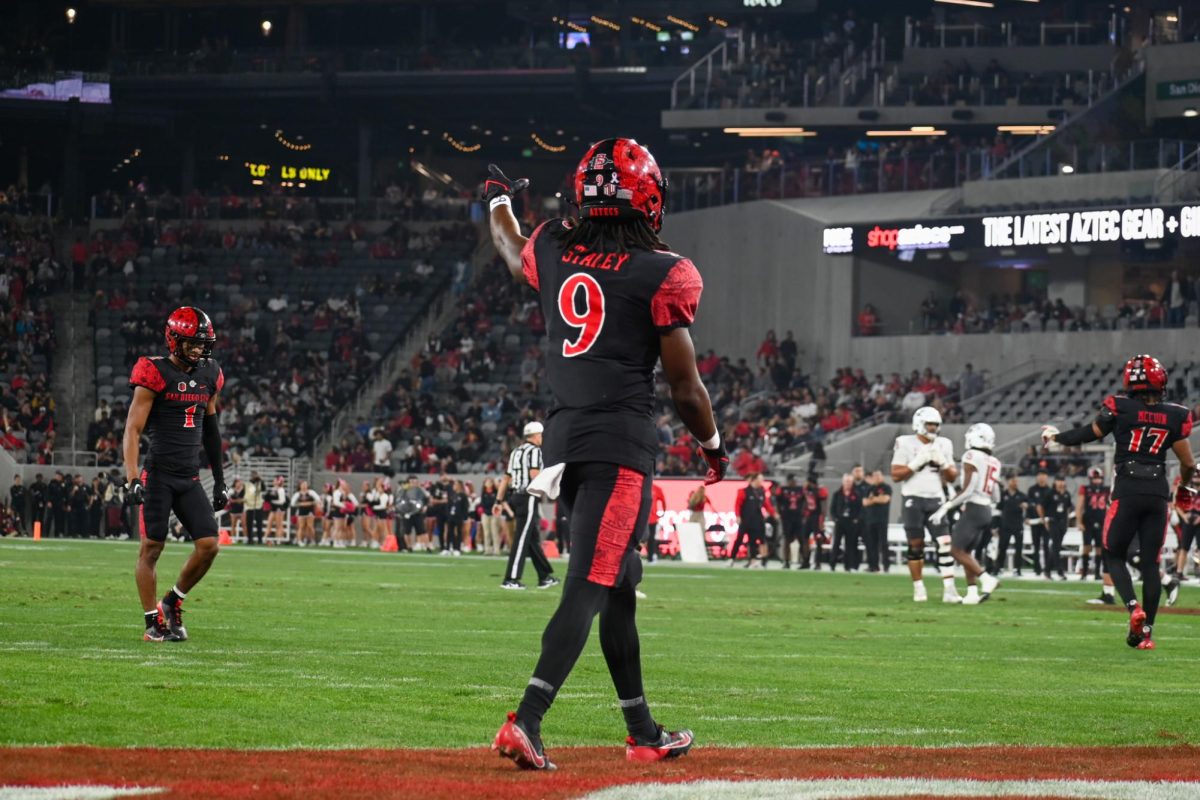Not too long ago, Infowars founder, talk show host and conspiracy theorist Alex Jones was permanently banned from Twitter.
This is the latest in a series of such bans of Jones and Infowars across social media, ranging from heavyweight content distribution platforms like YouTube, Facebook and Apple to lesser platforms like Pinterest, LinkedIn and MailChimp.
While Jones still has the Infowars website, the ban from social media platforms will severely weaken his influence.
This raises the question: was the suspension justified?
The answer is yes.
On each of the social media platforms that Jones was banned from, his racist, misogynistic, transphobic and xenophobic speech violated the codes of conduct on that platform.
Arguably, these bans should have occurred sooner, but he was allowed to stay on the platform in order to avoid claims of political bias and censorship.
But more importantly, it’s the impact of his words that need to be examined. Jones isn’t just an old man spewing wild conspiracy theories. He has a large following, and some of those followers choose to act on his theories in harmful ways.
For example, Jones is most famous for the false conspiracy theory that the 2012 Sandy Hook Elementary School massacre was a hoax perpetrated by the government — this has resulted in a campaign aimed at harassing the families of the victims, with one family no longer able to visit the grave of their child.
Jones and InfoWars were also responsible for the 2016 spread of “Pizzagate,” a false theory that members of the Democratic Party were running a pedophilia ring out of a pizza eatery in Washington, D.C. An adherent of the theory decided to “self-investigate” the allegations and fired off three shots from an assault rifle inside the restaurant.
It’s clear that Jones inspires some of his followers to initiate campaigns of harassment or acts of violence, and social media helped spread his message further.
His ban was well-deserved and long overdue.






